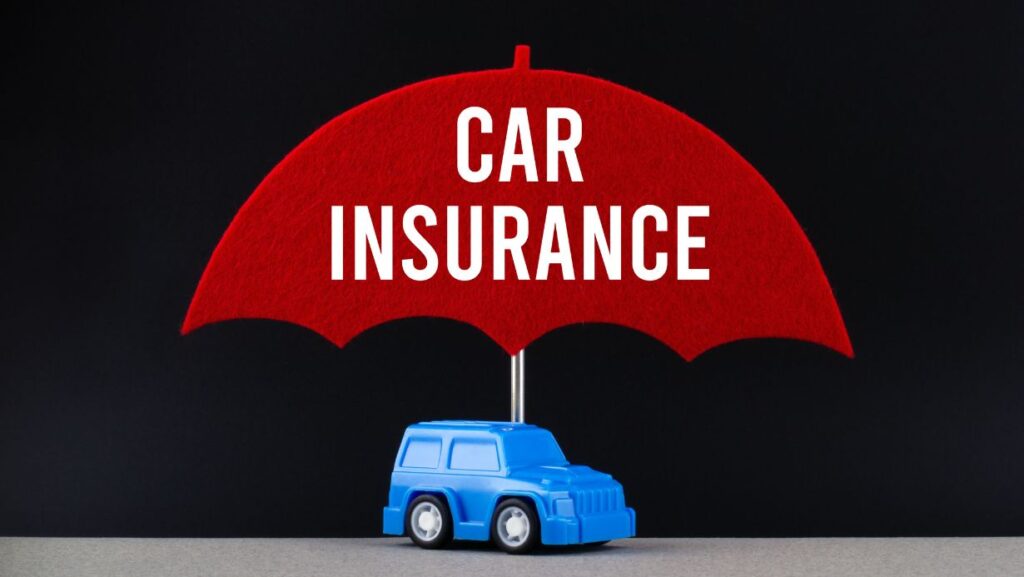Is car insurance required in the UK?
Car insurance is unquestionably a legal requirement in the UK for any vehicle driven on public highways or in locations open to the public. In the unfortunate case of an accident, this requirement acts as a crucial safety net, assuring financial security. It expands coverage to include injuries experienced by other drivers, pedestrians, and passengers who could be in the insured vehicle at the time of an event in addition to covering the owner of the car. This need for required insurance demonstrates the government’s dedication to encouraging responsible and safe driving habits. By more general aims for road safety and public welfare, it not only protects the rights of car owners but also extends protection to anyone who may be impacted by incidents involving the insured vehicle.
Why does the law mandate auto insurance?
All cars must have current insurance to be driven lawfully on public highways in the United Kingdom. Although some people might find this obligation onerous, it is a necessary and unavoidable financial safety net. Let’s study the justifications for the necessity of auto insurance, consider the situations in which your vehicle must be covered, and discuss the potential repercussions of operating a vehicle without insurance to obtain a better understanding.
In the UK, it is required to have car insurance, and there are several key justifications for this requirement:
Financial Protection: In the event of an accident, automobile insurance serves the primary aim of protecting both drivers and third parties financially. Accidents can result in significant costs, such as medical charges, auto repairs, and legal fees. Without insurance, people could find it difficult to pay for these expenses, which could result in serious financial troubles.
Public safety is improved by requiring insurance for every car on the road. Insurance ensures that victims of accidents may obtain compensation for their losses, which aids in fostering a sense of security and responsibility among drivers.
Legal Compliance: The purpose of auto insurance legislation is to assure legal compliance. Driving while uninsured is against the law and can result in fines, penalties, or even the suspension of your license. These legal repercussions are in place to promote moral conduct and legal observance.
Protection for Vulnerable Parties: In addition drivers, pedestrians, bikers, and passengers in other vehicles can potentially suffer injuries in car accidents. By guaranteeing there is a source of compensation in case they are hurt or sustain property damage as a result of a careless driver, mandatory insurance helps safeguard these vulnerable parties.
What possible repercussions may driving an uninsured vehicle in the UK have?
In the UK, driving an uninsured vehicle is a serious infraction with serious consequences. If you are caught driving without insurance, you might face serious legal repercussions. Heavy penalties, the accumulation of penalty points on your driving record, and, in certain situations, the potential of having your driving privileges suspended or revoked are just a few of these repercussions. Additionally, if your car is not insured, law enforcement officials have the legal right to seize and impound it.
It’s important to realize, though, that there are additional ramifications of driving without car insurance quotes that go beyond the obvious legal ones. By choosing not to get insurance, you put your finances at serious risk, especially in the case of an accident. You would be liable for all costs associated with any damages or injuries you cause if you didn’t have insurance. This may seriously compromise your financial stability and put your assets and future financial stability at risk.
In conclusion, the UK’s mandate that drivers carry insurance accomplishes several crucial goals, including financial security, increased public safety, conformity to the law, and protection of the rights of those who are more vulnerable. Driving an uninsured car can result in serious legal repercussions and significant financial vulnerability, making the cost of insurance coverage a relatively unimportant factor.
If I don’t use my car to drive, do I still need to have insurance?
You are not required to keep your automobile insured or to pay road tax if it is not being driven and off the road. You must, however, take a specific action in this circumstance, namely, file for a Statutory Off Road Notification (SORN).
You are effectively telling the authorities that your automobile isn’t being used on public roads when you classify it as SORN. As a result, you are not allowed to drive it or even leave it parked on a public road. You must instead keep it on your personal property, such as a driveway, a piece of land, or a garage.
It’s critical to remember that any damage or theft that occurs while your automobile is off the road and uninsured will not be covered by insurance. This implies that any repairs or replacements that are required will be paid for out of your own money.

Comprehensive car insurance quotes
The necessity for mandated insurance demonstrates the government’s commitment to promoting safe and responsible driving behaviors, including getting car insurance quotes. It serves two purposes: it safeguards the financial interests of automobile owners as well as others who could be injured in the event of an accident involving the insured vehicle by providing coverage for those who might be affected. The government’s main objectives to enhance public welfare and traffic safety are well aligned with this. In essence, the government’s insistence that auto insurance be required, along with the process of getting car insurance quotes, is a calculated effort to ensure that financial burdens following accidents are reduced and to promote a safer and more secure driving environment for all users of the road.
When I sell my car, what happens to my insurance?
It’s important to let your insurance company know about any changes to your plans when you decide to sell or trade-in your automobile.
The next step is to contact your insurance provider after you’ve finished the required paperwork to notify the Driver & Vehicle Licensing Agency (DVLA) of the change in ownership. You have two basic choices if there is still some time left on your current insurance policy:
Cancellation and Refund: You have the choice to terminate your current insurance coverage and ask for a reimbursement for any unused months of coverage. It’s crucial to keep in mind that certain insurance providers could impose a cancellation fee if the policy is terminated early.
Policy Transfer: As an alternative, you can move your current insurance coverage to your new car. Remember that depending on elements like the brand, model, and price of your new car, the price of your insurance premium may change. These changes are meant to make sure you have enough protection against the unique dangers and features of your new automobile.
To prevent coverage gaps and to make the required changes to your policy to reflect your altered circumstances, it’s critical to swiftly speak with your insurance provider. This proactive method makes sure that you keep the right insurance coverage, whether you’re switching to a new automobile or opting to forgo owning one temporarily.





